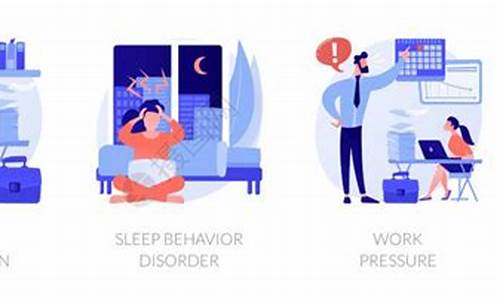In today’s fast-paced world, managing stress is vital for maintaining good physical health. Chronic stress has been linked to various health problems, including heart disease, diabetes, and weakened immune systems. This article will explore effective methods to manage stress and protect your body from its harmful effects. We will discuss practical strategies, stress-reduction techniques, and the importance of taking care of both mental and physical well-being.
Understanding the Impact of Stress on Physical Health
Stress affects the body in numerous ways. When faced with stress, the body enters a “fight or flight” mode, releasing hormones like cortisol and adrenaline. While these hormones are essential in short bursts, chronic stress leads to long-term health issues such as high blood pressure, digestive problems, and a weakened immune system. Understanding this connection is crucial for taking proactive steps to manage stress effectively.
Effective Stress-Reduction Techniques
Several techniques can help reduce stress. Mindfulness meditation and deep-breathing exercises are powerful ways to calm the mind and relax the body. Regular physical activity, such as walking or yoga, is another excellent stress reliever. These activities promote the release of endorphins, which are natural mood enhancers, and help balance cortisol levels.
Healthy Lifestyle Habits to Combat Stress
A healthy diet plays a significant role in stress management. Eating nutritious foods can provide the body with the necessary energy to cope with stress. Avoiding excess caffeine and sugar can also prevent stress from becoming overwhelming. Additionally, maintaining a regular sleep schedule helps restore both the body and mind, making it easier to manage daily challenges.

The Role of Social Support in Stress Management
Having a strong support system is vital when managing stress. Engaging with friends, family, or colleagues provides emotional support that can help reduce stress levels. Social interactions also encourage relaxation and create a sense of belonging, which can significantly improve mental health.
When to Seek Professional Help
In some cases, stress management may require professional intervention. If stress becomes unmanageable or leads to anxiety or depression, seeking help from a therapist or counselor is important. Mental health professionals can offer tailored strategies to cope with stress and improve overall well-being.
Conclusion: Prioritizing Stress Management for a Healthy Life
Managing stress is essential for maintaining physical health and overall well-being. By incorporating stress-reduction techniques, adopting healthy lifestyle habits, and seeking social and professional support when necessary, you can protect your body from the harmful effects of chronic stress. Consistently managing stress leads to better health, increased energy, and improved quality of life.